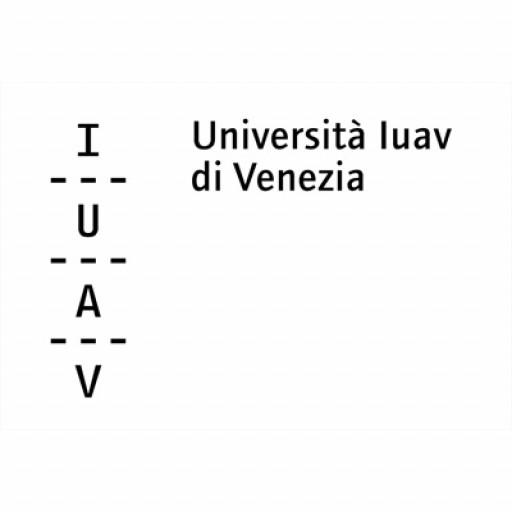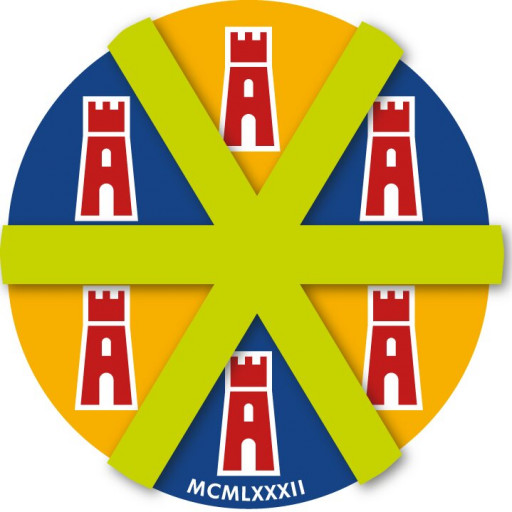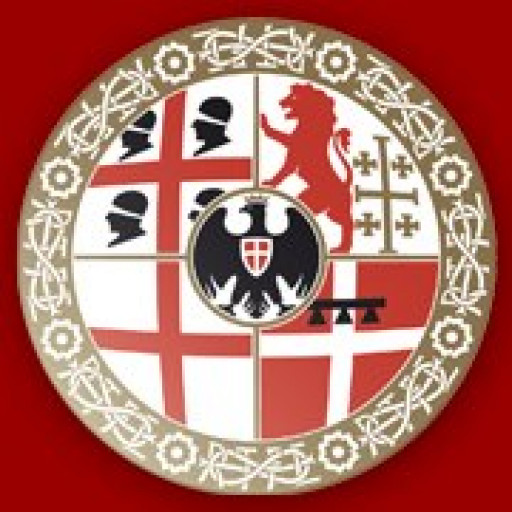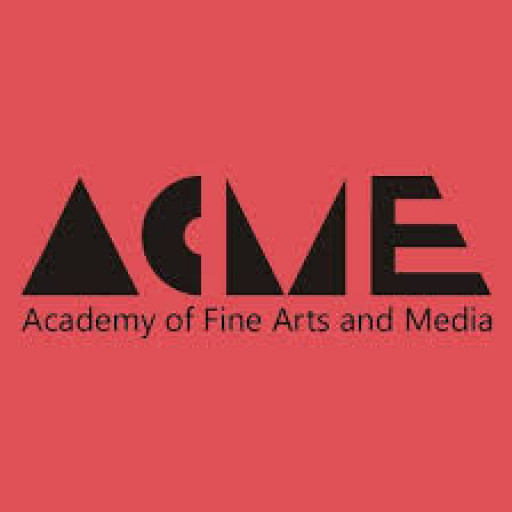Photos of university / #universityoflimerick
The BA (Hons) in Heritage Publication at the University of Limerick is a dynamic and interdisciplinary undergraduate program dedicated to developing students’ skills in the creation, management, and dissemination of heritage-related materials. This innovative course combines theoretical knowledge with practical experience, enabling students to understand the importance of cultural heritage and acquire the competencies necessary to communicate it effectively to diverse audiences. Throughout the program, students explore the history and significance of cultural heritage assets, including historical sites, artifacts, documents, and oral histories, while gaining hands-on expertise in publishing techniques, digital media, and content management systems. The curriculum encompasses modules in heritage studies, visual communication, digital publishing, archiving, and conservation, ensuring graduates are well-equipped to operate within the heritage sector, publishing houses, museums, cultural organizations, and digital media companies. Students benefit from strong links with industry partners and are encouraged to undertake placements and practical projects that enhance their employability and professional readiness. The program emphasizes critical thinking, creativity, and technical skills, fostering graduates who can produce compelling publications, digital content, and educational materials that promote cultural awareness and heritage preservation. By the completion of this program, students will be prepared to pursue careers in heritage publishing, documentation, curation, and cultural consultancy, or to continue their studies at postgraduate level. With a vibrant academic environment, experienced faculty, and state-of-the-art facilities, the University of Limerick’s Heritage Publication program offers an excellent foundation for students passionate about heritage and media.
The Heritage Publication program at the University of Limerick offers students an immersive and comprehensive education in the fields of archival studies, cultural heritage management, and historical publishing. This innovative programme is designed to equip students with the vital skills needed to effectively preserve, interpret, and disseminate cultural heritage through various publication mediums. Over the course of the program, students will explore the history of publishing, digital archiving techniques, manuscript analysis, and the ethical considerations involved in heritage documentation. The curriculum combines theoretical knowledge with practical skills, ensuring graduates are well-prepared for careers in heritage organizations, museums, archives, and publishing houses. Students will engage in hands-on projects such as cataloging historical documents, designing publication layouts, and utilizing digital tools for heritage storytelling. The programme emphasizes the importance of accuracy, cultural sensitivity, and accessibility in heritage publications. Additionally, students will study case studies from Ireland and beyond, gaining insights into international best practices in heritage publication. Collaboration with industry partners and fieldwork opportunities are integral components of the course, providing real-world experience and networking opportunities. The Heritage Publication program aims to foster an understanding of the social, cultural, and historical significance of heritage works, instilling a lifelong appreciation for the preservation of cultural memory. Graduates of this programme will be equipped to contribute effectively to the dissemination of heritage knowledge in diverse professional settings, making a meaningful difference in the preservation and promotion of heritage in Ireland and globally.
Program requirements for the Heritage Publication degree at the University of Limerick include comprehensive coursework in heritage management, conservation practices, and publishing techniques. Students are expected to complete a series of core modules covering topics such as cultural heritage theory, digital publishing, archival research, and sustainable heritage development. Practical skills development is emphasized through workshops, internships, and collaborative projects with heritage organizations. Entry requirements typically include a relevant undergraduate qualification, such as a degree in history, archaeology, or media studies, along with demonstrated interest or experience in heritage publication. Applicants may also need to submit a personal statement outlining their motivation and relevant skills, and some candidates might be required to attend an interview. The program curriculum is designed to equip graduates with both theoretical knowledge and practical skills necessary for careers in heritage publishing, digital content creation, archival documentation, and cultural heritage management. Additional requirements may include a good command of digital tools, strong writing skills, and the ability to work independently and within teams. Continuous assessment through coursework, presentations, and projects forms the basis of the evaluation process. Participants are encouraged to engage with heritage institutions during their studies to gain real-world experience. The program aims to produce highly skilled heritage publication professionals equipped to contribute to the preservation, dissemination, and promotion of cultural heritage materials in various formats.
The financing studies for the Heritage Publication program at the University of Limerick are designed to accommodate both domestic and international students, offering a range of funding options to support their academic pursuits. Tuition fees vary depending on the student's nationality and level of study. For Irish and EU students, the annual tuition fee is approximately €6,000, while non-EU students may be charged higher rates, typically around €16,000 per year. The university provides detailed information on fee schedules and payment options through its official website and student services.
Students enrolled in the program are encouraged to explore various funding sources, including government grants, scholarships, and financial aid packages. The Irish government offers a range of grants for full-time students, such as the Student Grant Scheme, which can cover various expenses including tuition fees, accommodation, and living costs. The university also offers merit-based scholarships specifically tailored for students pursuing Heritage Publication and related fields, rewarding academic excellence and extracurricular achievements. Moreover, there are departmental scholarships available, often requiring an application process and supporting documents.
Private funding options and sponsorships are also accessible; students can seek scholarships from cultural foundations, heritage organizations, and industry partnerships associated with the university. Additionally, international students are advised to investigate external funding opportunities provided by their governments or international agencies, which often support study abroad programs and specific fields like heritage and publication.
The university provides financial counseling services to assist students in navigating available options and managing their budgets throughout their studies. Flexible payment plans may be negotiated to ease the financial burden, and part-time work opportunities are available on or near campus, subject to visa restrictions for non-EU students. Furthermore, students are encouraged to plan their finances early and consider taking out student loans, if applicable, to cover tuition and living expenses.
Overall, the University of Limerick aims to make Heritage Publication accessible through a combination of institutional support, external funding sources, and practical financial planning. Details about ongoing scholarship competitions, application procedures, and eligibility criteria can be obtained directly from the university’s official finance and scholarships webpage.
The Heritage Publication program at the University of Limerick is a specialized course designed to equip students with the skills and knowledge necessary to produce high-quality publications related to cultural heritage, history, and archaeology. This program aims to develop competencies in research, writing, editing, design, and project management within the context of heritage and academic publishing. Students will be introduced to a wide range of topics including the history of publishing, digital dissemination, conservation of cultural assets, and the importance of maintaining authenticity and accuracy in heritage documentation. The curriculum incorporates both theoretical foundations and practical applications, providing hands-on experience in editing, layout design, and the use of modern publishing tools. Through this program, students will also learn about copyright law, ethical issues in heritage publishing, and ways to promote cultural awareness through effective communication of heritage stories. The program is suitable for individuals interested in careers in academic publishing, museums, cultural institutions, and heritage management. It emphasizes collaborative projects, internships, and engagement with heritage communities to enhance real-world experience. Graduates of the Heritage Publication program will be prepared to contribute effectively to the preservation and dissemination of Ireland’s rich cultural legacy, supporting the national and international heritage sectors. The University of Limerick's facilities, including dedicated publishing labs and access to extensive heritage collections, support immersive learning experiences and enable students to develop professional portfolios. The program emphasizes innovation, critical thinking, and a commitment to excellence in heritage communication, making it a distinctive offering within Ireland’s higher education landscape for cultural and heritage studies.










